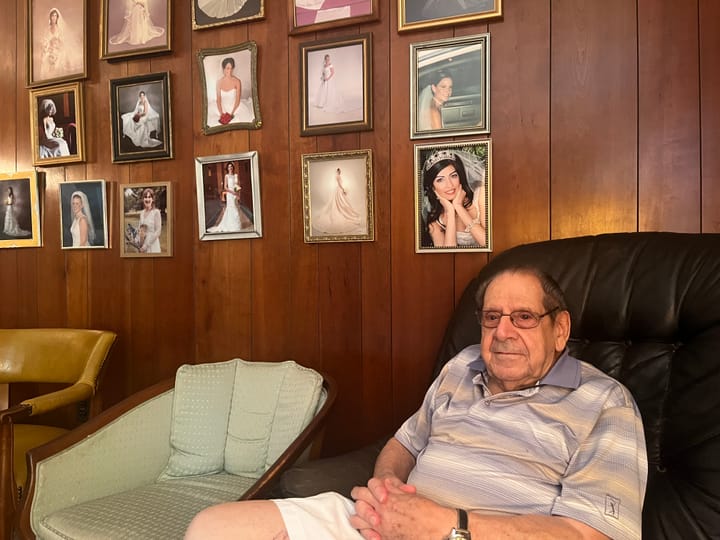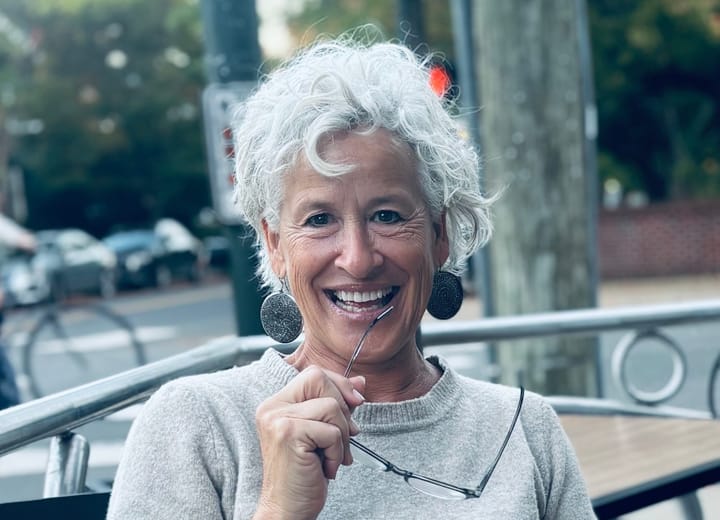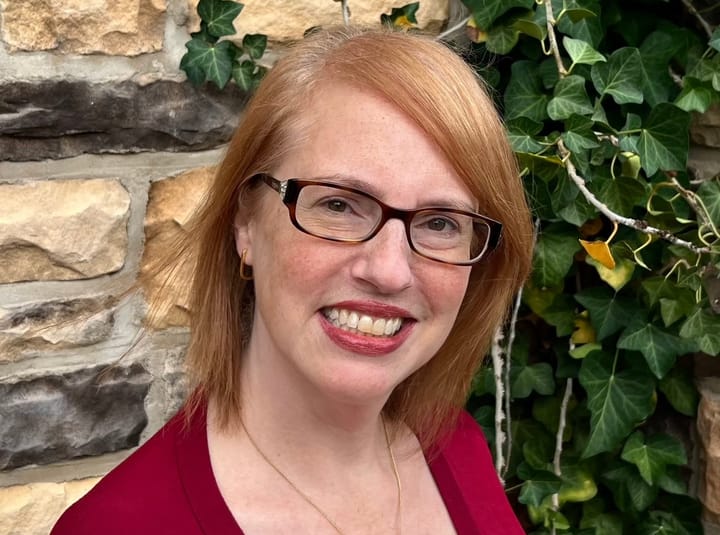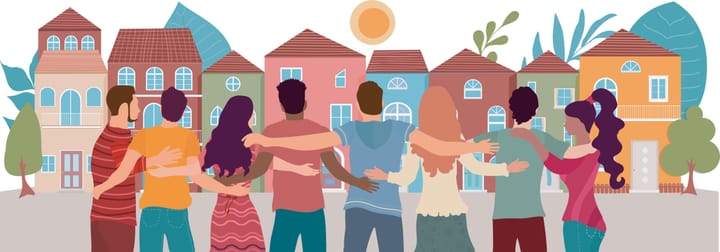With five new female officers, VCU continues push to diversify police ranks
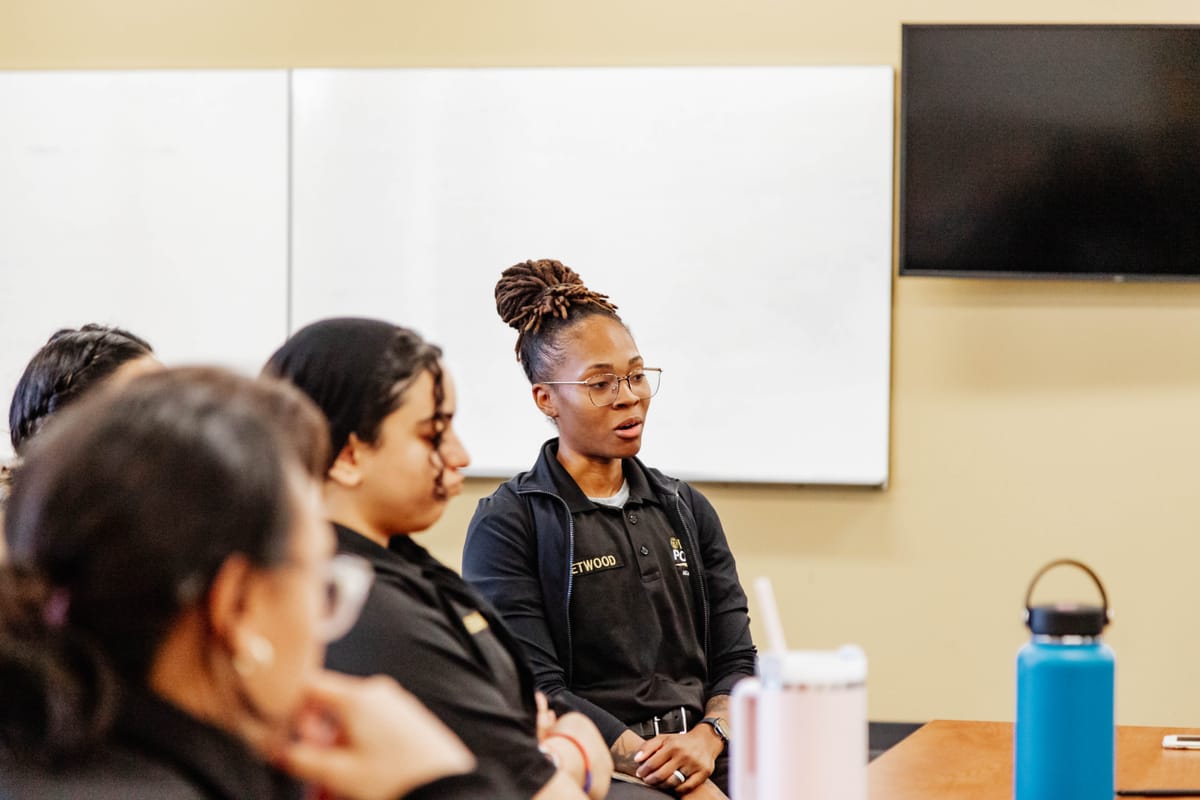
What’s the best way to get more women into policing?
It’s a question many law enforcement agencies have pondered for decades. But for VCU Police Chief John Venuti, it comes down to the women who are already there.
“Our best recruiting tool that we have is our existing officers,” he said.
That’s true for Maria Smith, 27, who remembers crossing paths with a female parole officer during a stint in the behavioral health field. The officer approached Smith, handed her a card and told her to consider a career in law enforcement.
“‘I have a good eye for people,’” Smith recalled her saying. “So I was like, I’ll think about it. Because I’d always wanted to do it.”
Now she has. On Friday, Smith was one of five women to graduate from VCU’s 49th Police Academy, becoming a full-fledged officer in a 95-member force that oversees both the university’s Monroe Park campus and its downtown medical footprint.
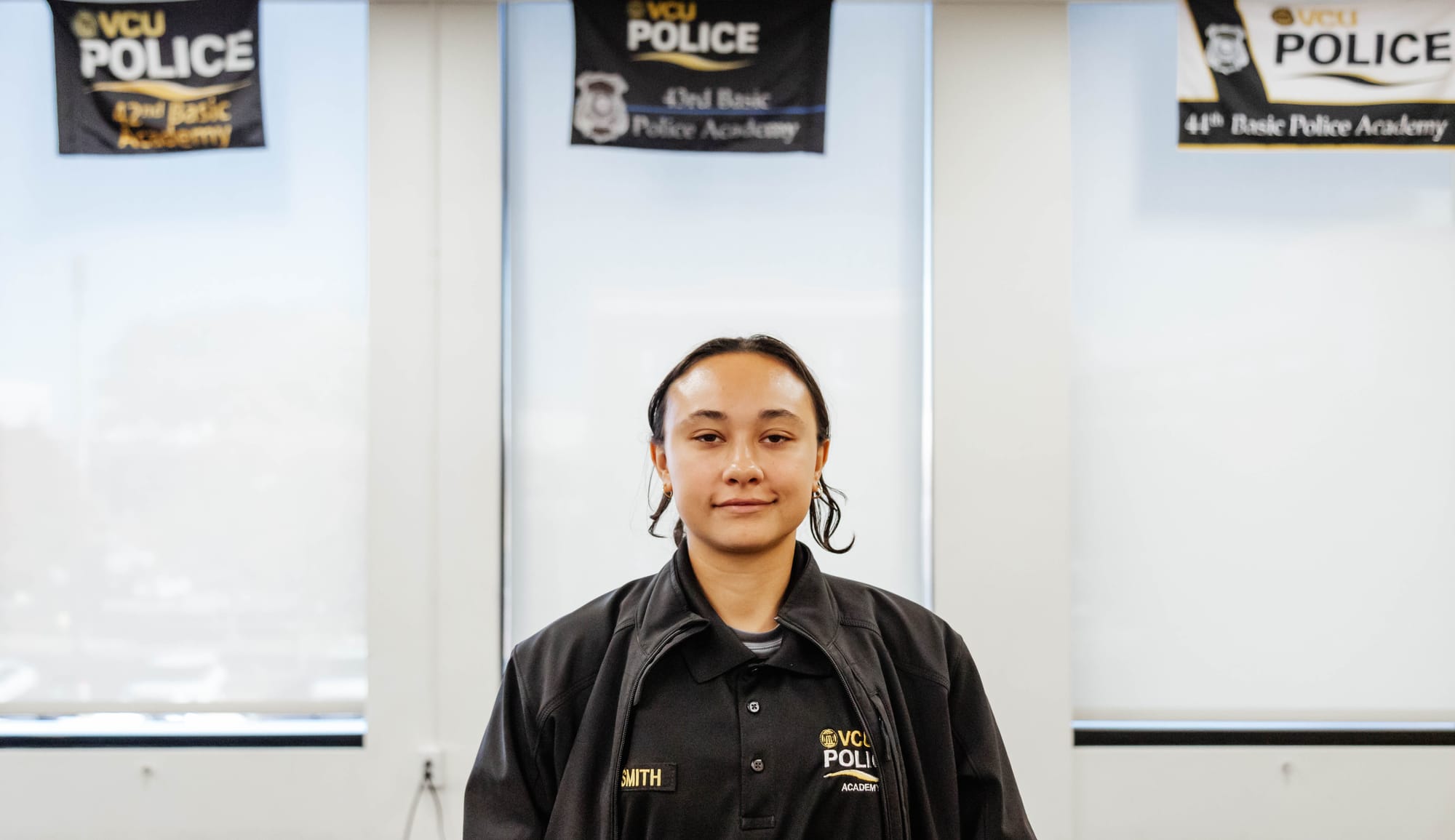
The incoming officers represent the latest chapter in a broader push to diversify the university’s department so that it better reflects the demographics of the community it protects in terms of both gender and racial and ethnic identity. With the addition of the five female officers, VCU’s police force is now 24% women, and the department says each one of its last six classes has been at least 60% female and minority officers.
“I don’t really even look at this as we need to do this for females,” said Venuti. “We need to do this for everyone. We need to do this for everyone because we want this to be a destination agency, and we want people to want to come and work here.”
VCU Police is just one of many departments nationwide looking to diversify their forces, particularly in the wake of widespread social unrest in 2020 that followed the murder of George Floyd by police in Minneapolis. But while most of that push has focused on race, gender also remains an issue for many departments, which continue to be overwhelmingly male.
According to the National Policing Institute, a nonprofit that has studied policing since 1970, women make up only about 12% of officers nationwide today. Nor has that figure changed much in the past few decades: one study published in the magazine of the International Association of Chiefs of Police put the peak of women’s membership in police forces in 1999, when it was 14.3%.
That matters, say many researchers and policing organizations.
“Research suggests that women receive fewer complaints, draw their firearms less, and are less likely to use excessive force,” wrote the National Policing Institute in a brief on the issue. “They are perceived by their communities to be more honest and compassionate, and we frequently see better outcomes for crime victims, especially sex crime victims, when female officers work their cases.”
In 2018, a summit partly convened by the National Institute of Justice within the U.S. Department of Justice led to the creation of the 30x30 Initiative, an effort to increase the share of women in police departments nationwide to 30% by 2030. Several hundred forces, including more than a dozen in Virginia, have signed onto a pledge to take specific actions to meet that goal.
“It’s not just about bringing females into law enforcement. … It’s about changing the culture of your organization to be more accommodating and welcoming of females in law enforcement,” said Venuti. “It is a male-dominated career. And I will tell you, female police officers experience things that I’ve never experienced as a 40-year male police officer.”
Tina Buck, a 25-year veteran of VCU Police who began work with the department in 1981 and rose to become its first female lieutenant and captain, said a welcoming attitude toward women isn’t a new development at the university.
“It was welcoming to me back in 1981,” she said. “I just felt like I was a part of a family. The men, they did not treat me any differently.”
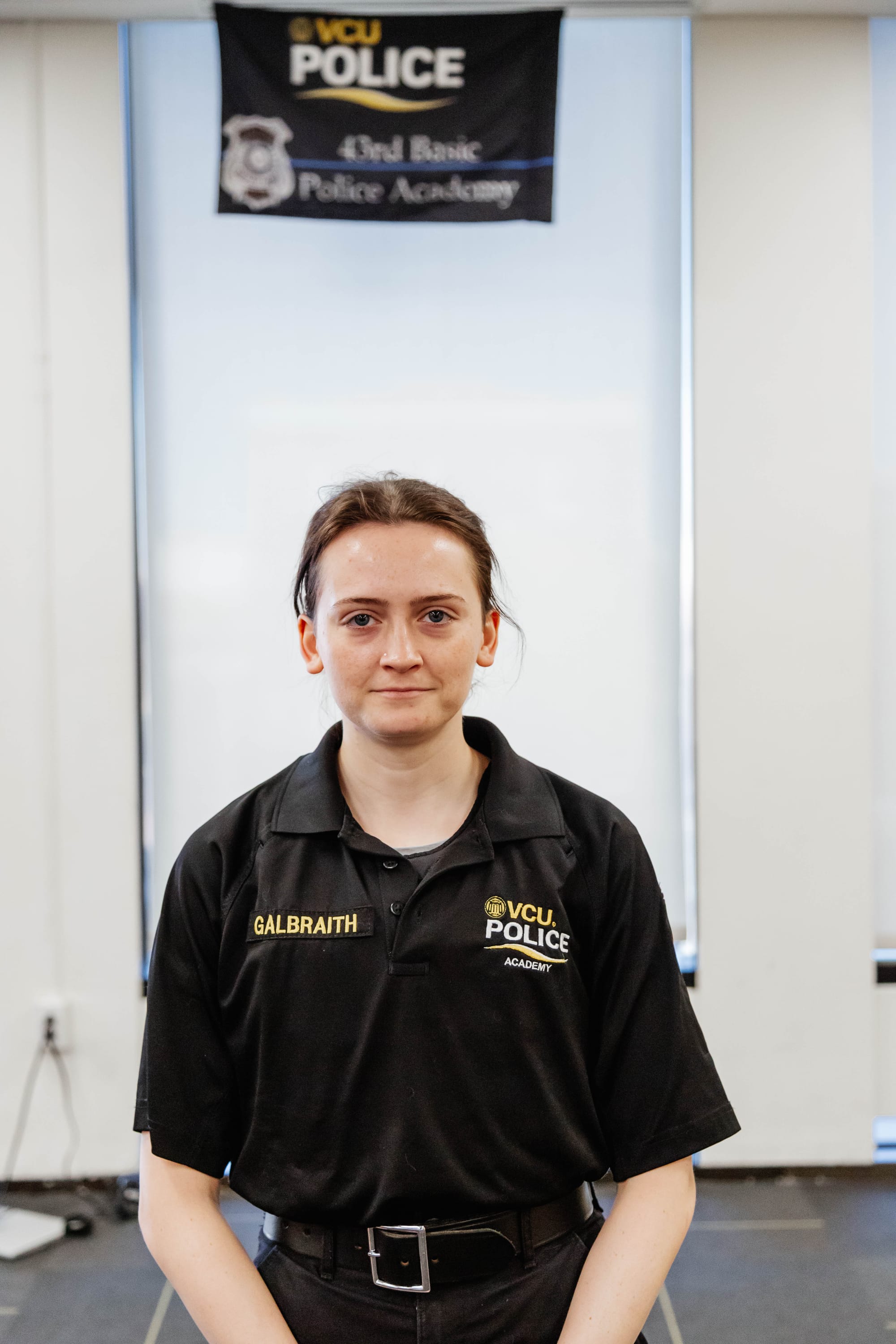
Hurdles …
Still, for many women contemplating law enforcement, police forces can still seem a bit of a boys’ club, and for the five newest members of VCU Police, there were reasons to hesitate.
“It definitely felt welcoming, but I definitely had the internal thought of: What about the brotherhood situation? And [I] kind of worried about that,” said Ariyanna Galbraith, 23. “But they definitely don't have a brotherhood aspect of, like, I'll cover your back even if it's not legal or in policy. We're gonna hold each other accountable.”
Elena Winchester, 39, was the primary caregiver for her four children when she entered the academy, a commitment she knew would be “a lot of time to be away from your family.”
“You end up spending more time with people on the streets than you do with your own family,” she said.
Venuti said the department has established processes to give greater flexibility to officers, though he emphasized that his goal is to be “fair and equitable to everyone.” He described taking a less military approach to the time clock (“Six o’clock you got to be here. Well, you know what? Sometimes it’s okay if you come at 6:20 and we’ll figure it out.”) and cultivating a culture that acknowledges officers also have personal obligations. When VCU Police constructed their new building on East Broad Street, he said he pushed for the inclusion of lactation rooms to provide a space for officers who were breastfeeding.
“We do have females that work here who are primary caregivers, they're single moms, and they have kids,” he said. I would treat a female caregiver, single mom no different than someone whose son was having surgery and their wife had to work and they couldn't get off.”
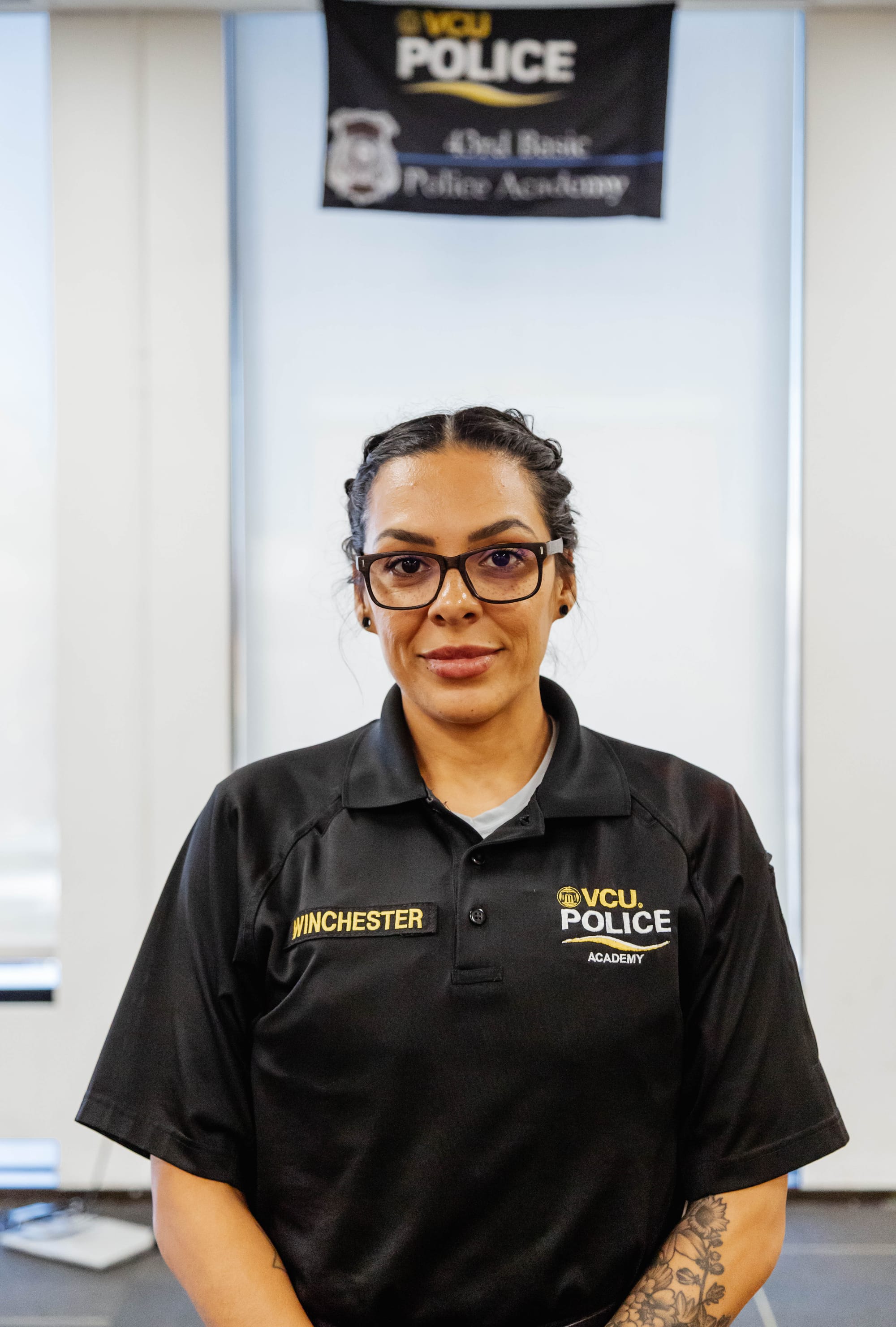
The potential dangers of the job — reflected in the active shooter and other simulations recruits must undergo — were another concern.
“In a fight, that’s personally what I’m most worried about,” said Smith. “I’m not even gonna lie, I’d rather go with one of the men to a fight than one of the women, just for our safety. But if it’s something where we’re talking to people, or we’re on an empathetic level, oh my God, all day I’d rather be with the woman.”
During her time with VCU Police, Buck said she met the physical demands head on. She got coaches in weightlifting and boxing and went on to take home gold medals for powerlifting at the National Police Weightlifting Association and the Police and Fire Olympics.
“I was able to take care of business myself,” she said, recalling that one of her coaches told her: “Don’t depend on backup. You have to be able to handle your business yourself.”
Of course, not every situation calls for physical power — and increasingly, Chief Venuti pointed out, that isn’t what the public wants from police.
“America, I hear them screaming for police departments to use less force,” he said. He says over the past 14 years, VCU Police have reduced incidents where officers are using force by 85%.
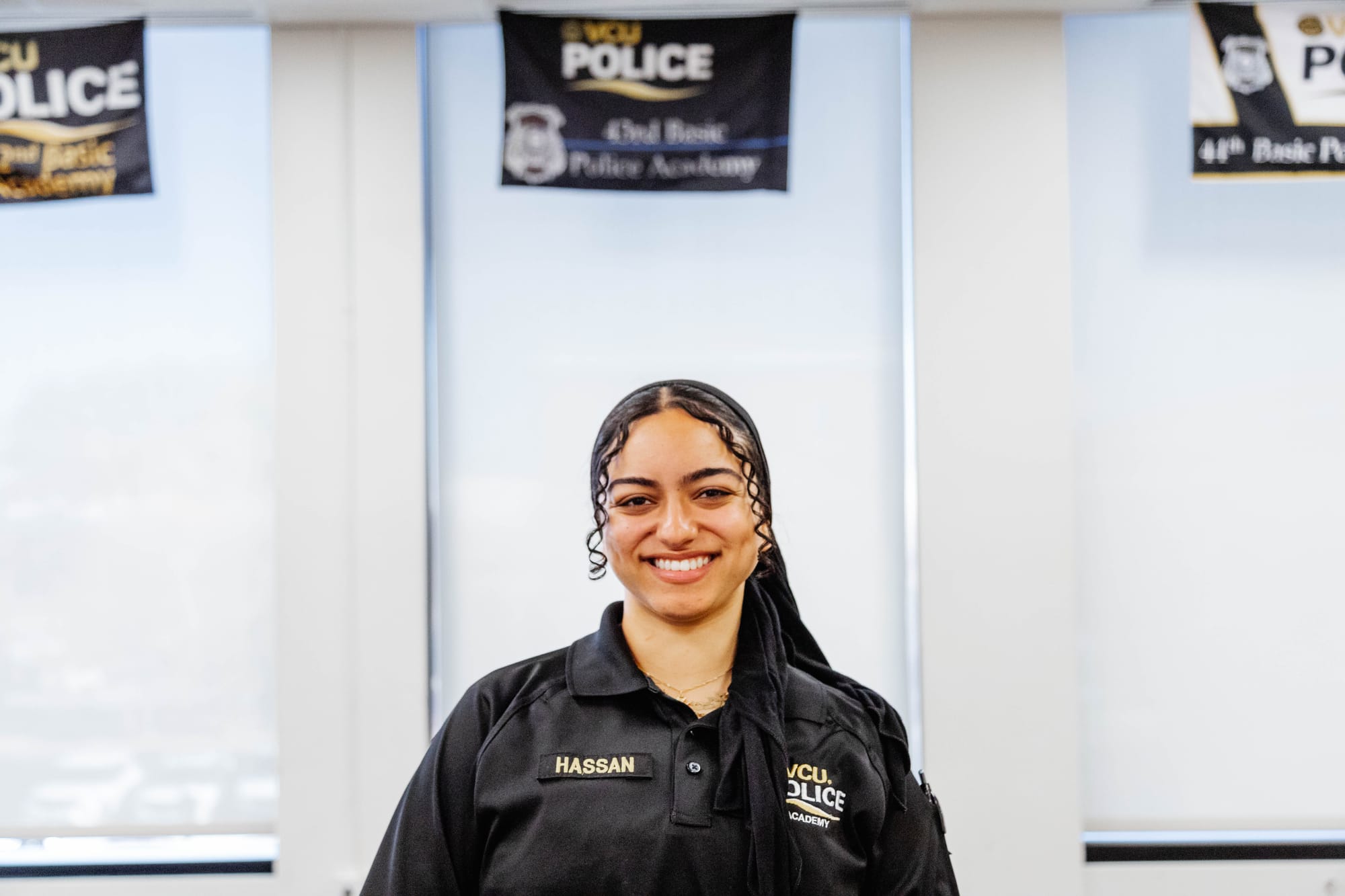
… And opportunities
In talking with the newest female officers, one theme came up frequently: the 2020 outpouring of public anger against police forces and racial disparities in policing.
Several of the women said that while they were eyeing federal law enforcement jobs, local policing was something they didn’t want to touch. Smith said that when she entered the academy, she didn’t tell all her friends immediately “because they just have such a negative view of police officers.”
“I have one that I was the most worried about telling, because there's anti-cop parties. Obviously, I've never been, but people actually get together and be like, we hate cops and stuff like that,” she said. “And she would always be like, yeah, I go and all this stuff. And I didn't want to tell her, but one day I was like, Yeah, I'm in the police academy. And she was like, Oh, that's great, you know. She's still really nice to me.”
But for many of the women, the problems with policing in America that boiled to the surface in 2020 became their push to join VCU Police.
“Instead of shying away from it, I kind of just went to it,” said Katrina Fleetwood, 30.
Nadeen Hassan, 23, said that after 2020, she concluded that “if I don’t like what I’m seeing, why not be a part of changing that, being a better role model and representation of what I want to see in the streets, and help people the way that I want to?”
And Smith said despite broader criticism of law enforcement, “anybody that’s close knows that I’m not going to be a bad officer, that I’m actually here to help, that I care about others and I’m a good person.”
“Me being in that and knowing people that actually don't like police officers, they’ve warmed up to it, I think it really helps,” she said.
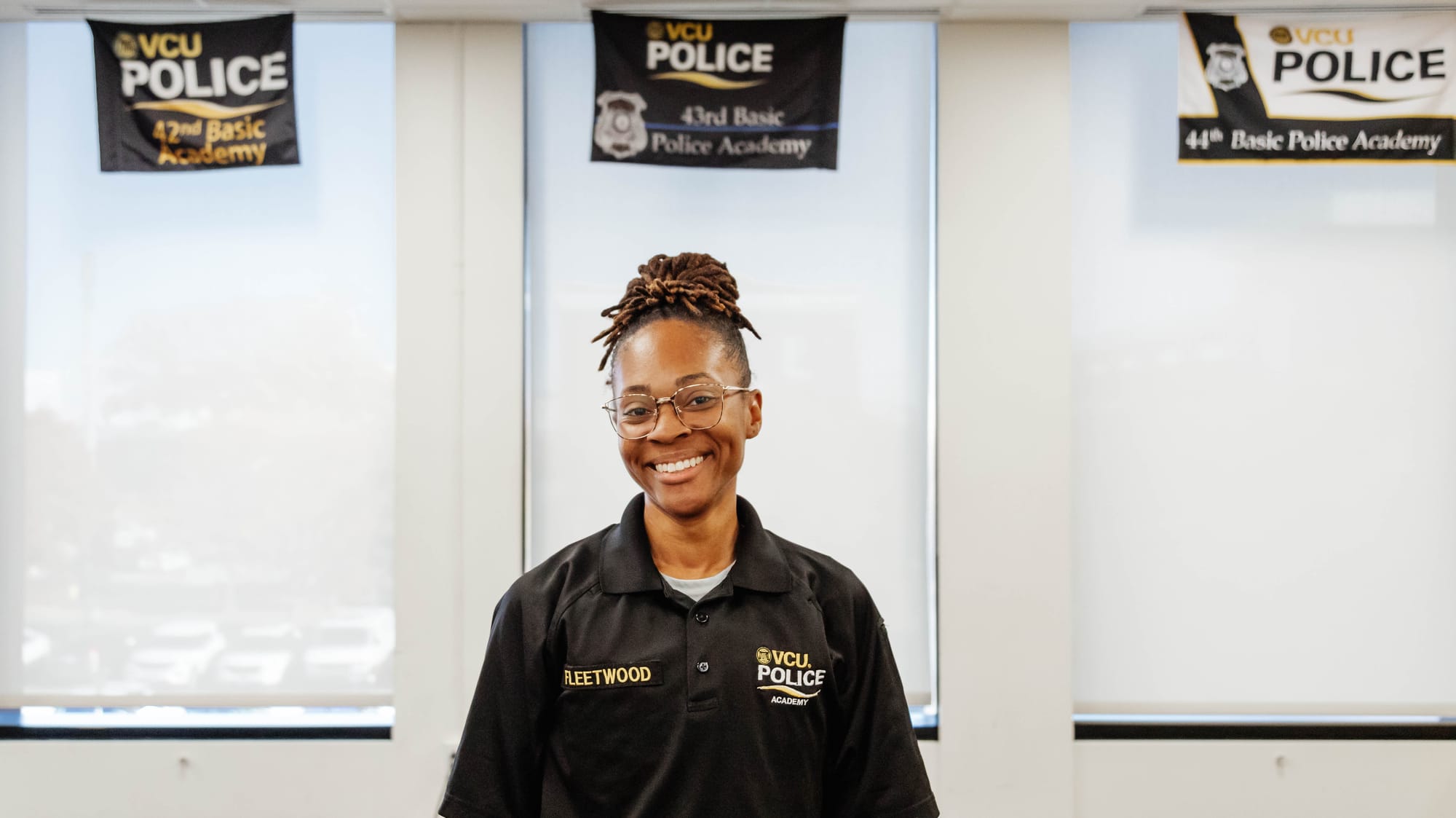
Women can also carry out particular jobs that are more challenging for men, the five said. Because VCU Police also serve the VCU hospital system downtown, officers are frequently called to provide security or respond to crime victims or patients undergoing mental health crises who may prefer to have a woman rather than a man in the room with them. Sexual assault also remains worryingly prevalent on college campuses, and because women still continue to be victimized more frequently than men, female officers may be able to better connect with victims.
“We can be a little bit more — no offense to men — but more compassionate when it comes to situations. And I feel like we're more active listeners,” said Fleetwood. Still, she continued, “As far as male and female, we feed off of one another. But having more female officers is great for both students and for individuals at the hospital as well.”


